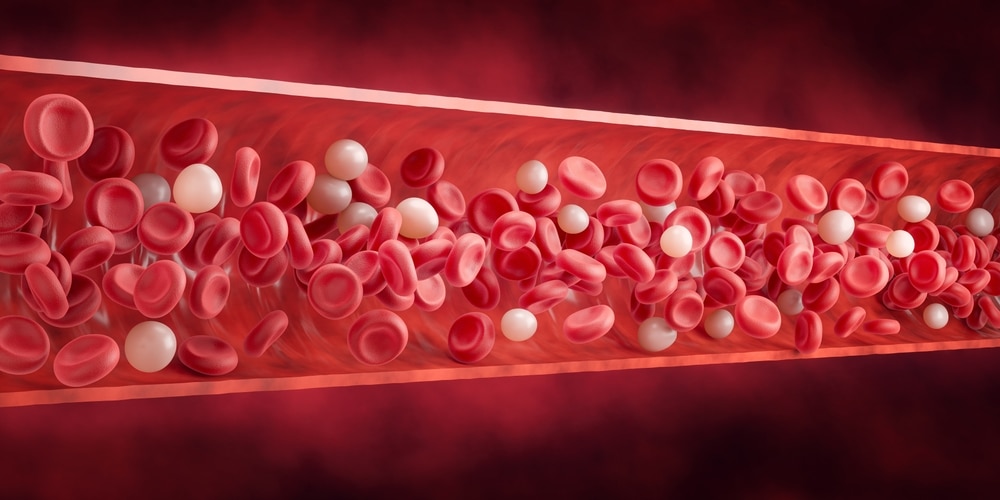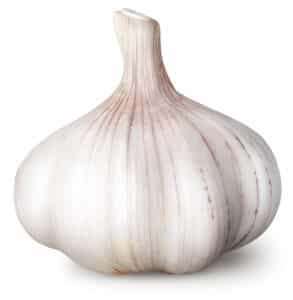Note: This website contains affiliate links through which Improve The Health earns a referral fee for qualified purchases.
High blood pressure, or hypertension, is a common health issue that affects many people worldwide. Left unmanaged, it can lead to serious complications such as heart disease, stroke, and kidney damage.
Many individuals are also exploring natural ways to lower blood pressure. One way is the use of support supplements which contain key nutrients that may help maintain healthy blood pressure levels.
Related: Be sure to check out our recommendation for a blood pressure support supplement named Cardio Shield.
Learn more about Cardio Shield.
Understanding Blood Pressure and Its Causes
Blood pressure is the force exerted by circulating blood on the walls of the arteries.
It is measured in two numbers: systolic pressure (when the heart beats) and diastolic pressure (when the heart rests between beats). A normal reading is typically around 120/80 mmHg, while elevated levels may indicate hypertension.
Common causes of high blood pressure include poor diet, high sodium intake, stress, lack of exercise, and genetic predisposition. Managing these factors through healthy choices and supplementation can help improve cardiovascular health.
Key Ingredients in Support Supplements
Several natural ingredients have been shown to support healthy blood pressure levels.
Magnesium, for example, plays a role in relaxing blood vessels, which can lead to lower blood pressure.
Potassium helps balance sodium levels in the body, reducing strain on the arteries.
Coenzyme Q10 (CoQ10) is an antioxidant that supports heart function and improves circulation.
Omega-3 fatty acids, commonly found in fish oil, have been linked to lower blood pressure by reducing inflammation.
Hibiscus extract, often used in herbal teas and supplements, has also been shown to have mild blood pressure-lowering effects.
Scientific Evidence Supporting Supplements
Research has demonstrated the effectiveness of certain supplements in supporting blood pressure health.
For instance, studies suggest that magnesium supplementation can lead to modest reductions in both systolic and diastolic blood pressure.
Similarly, potassium-rich diets have been linked to a lower risk of hypertension.
A meta-analysis of multiple clinical trials found that omega-3 fatty acids can significantly reduce blood pressure, particularly in individuals with existing hypertension.
These findings highlight the possible benefits of incorporating well-researched supplements into a health regimen.
Related: Be sure to check out our recommendation for a blood pressure support supplement named Cardio Shield.
Learn more about Cardio Shield.
How to Incorporate a Supplement Into Your Routine
Choosing the right supplement involves understanding your individual health needs and selecting something that is high-quality.
Look for supplements that contain clinically studied ingredients.
Taking a supplement regularly as part of a balanced diet and active lifestyle can improve results.
Combining supplements with other heart-healthy habits, such as reducing sodium intake, exercising, and managing stress, can further enhance their effectiveness.
Supplements Can Help Manage Your Blood Pressure
Support supplements offer a natural way to help maintain healthy blood pressure levels.
Ingredients such as magnesium, potassium, CoQ10, omega-3s, and hibiscus have been scientifically studied for their cardiovascular benefits.
However, supplements should be used as part of a holistic approach that includes a nutritious diet and regular exercise.
Individuals considering these options should consult with a healthcare professional to determine the best approach for their specific health needs.
By making informed choices, those managing blood pressure can take proactive steps toward better heart health.
Frequently Asked Questions
1. How long does it take for blood pressure supplements to work?
The time it takes for a supplement to show effects can vary depending on the individual and the specific supplement used. Some people may notice improvements within a few weeks, while others may need a few months for more significant changes. Consistency and pairing supplements with a healthy lifestyle are key factors for success.
2. How do I choose the right blood pressure supplement?
Look for supplements that contain clinically researched ingredients. Choose reputable brands with high-quality standards. It is also important to ensure the supplement complements your overall health needs. Consulting with a healthcare professional is a good idea before starting any new supplement.
3. Are there any natural alternatives to supplements for managing blood pressure?
Lifestyle changes such as reducing sodium intake, increasing physical activity, eating a balanced diet rich in fruits and vegetables, managing stress, and limiting alcohol intake can all help support healthy blood pressure levels. These changes are often the first step in managing high blood pressure and can possibly be further supported by supplements.
Related: Be sure to check out our recommendation for a blood pressure support supplement named Cardio Shield.



